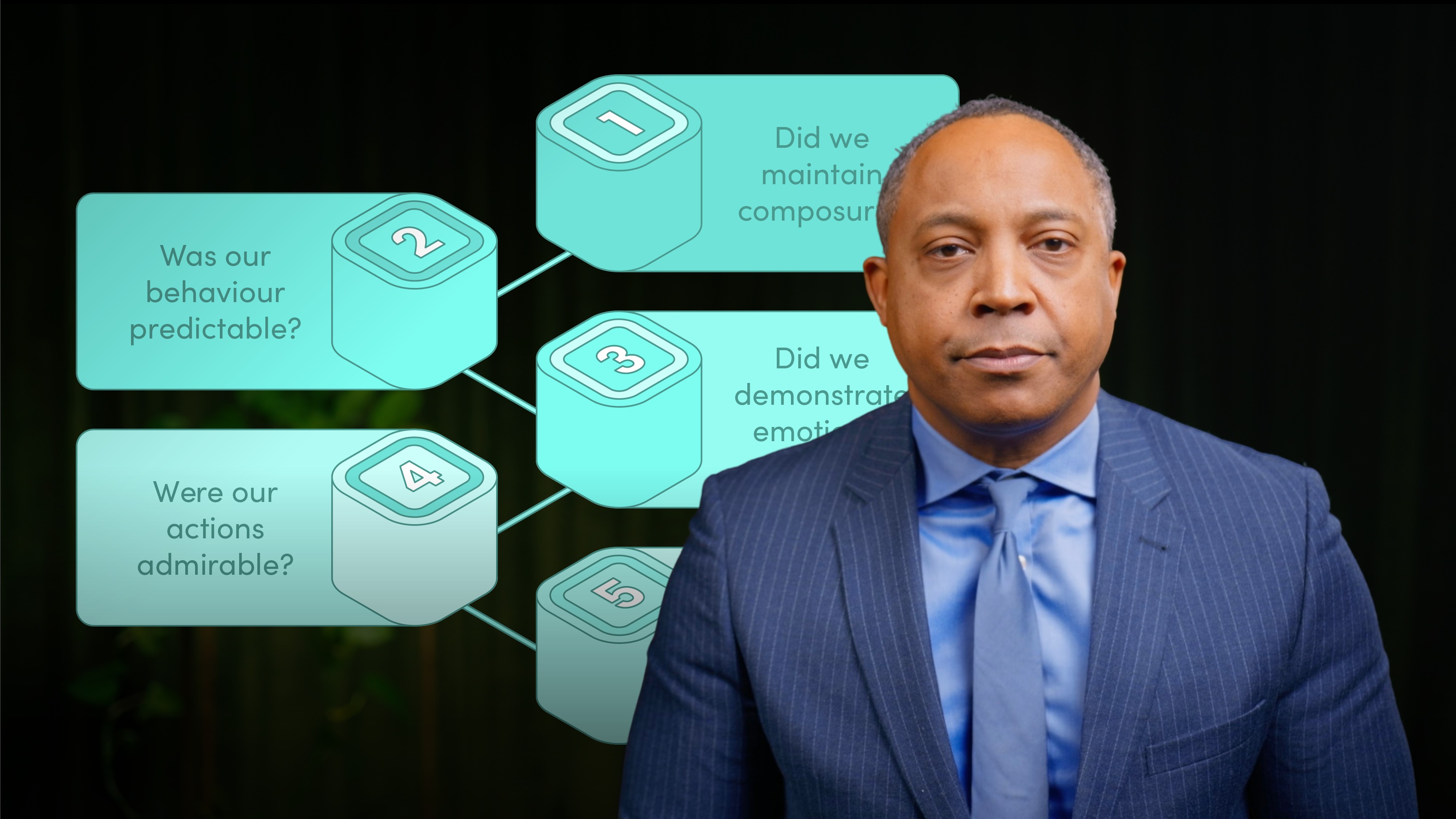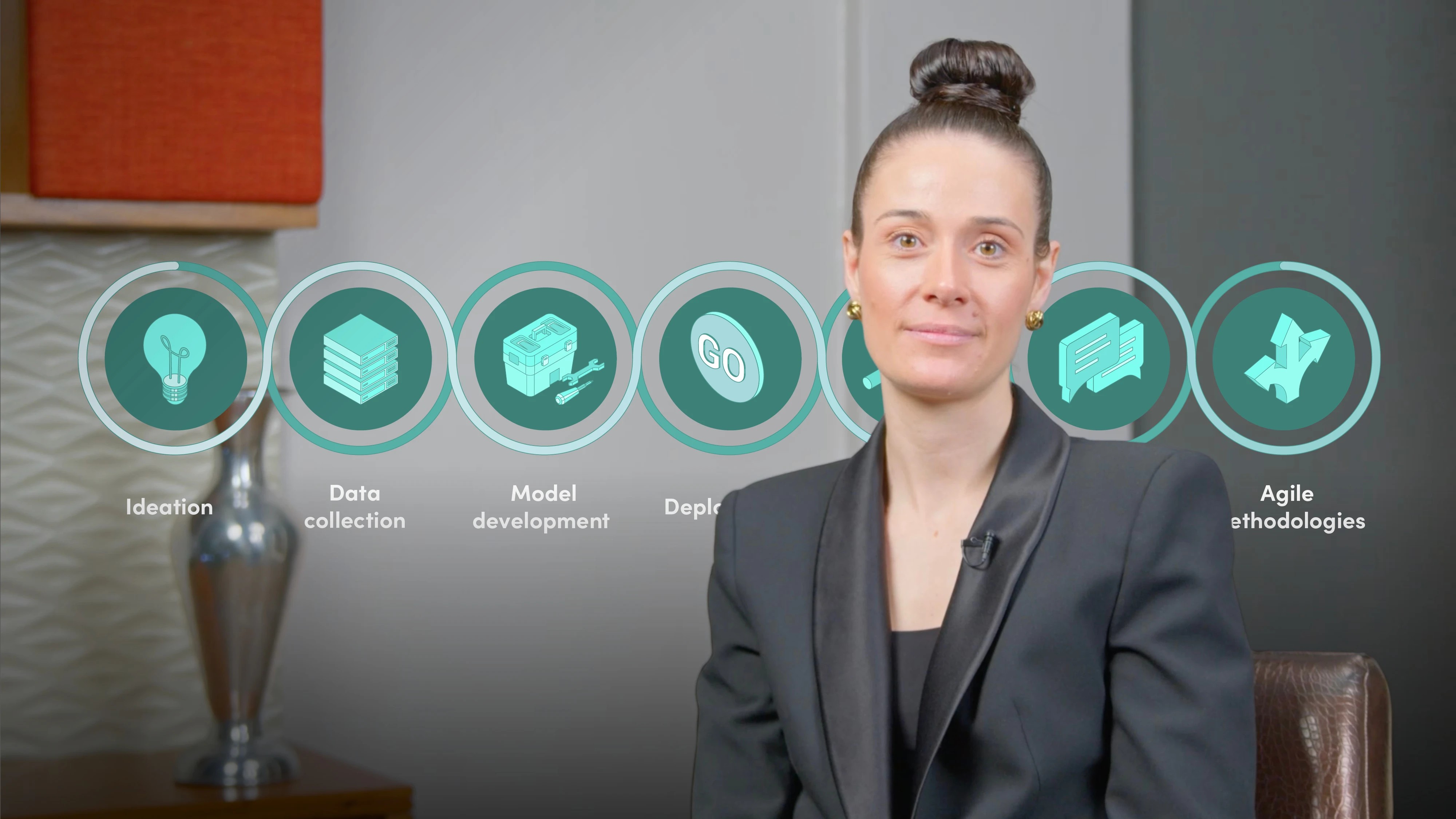
Fine-tuning AI and Human Collaboration

Maurice Tony Ewing
20 years: AI and Digital Transformation
In this video, Maurice explores the crucial role of emotional intelligence (EI) in human-AI collaboration. He breaks down the four key components of EI, self-awareness, self-regulation, social awareness, and social skills, and explains why they are essential in workplace interactions. He also shares practical strategies for strengthening EI, from recognising emotions to seeking feedback and reading literature.
In this video, Maurice explores the crucial role of emotional intelligence (EI) in human-AI collaboration. He breaks down the four key components of EI, self-awareness, self-regulation, social awareness, and social skills, and explains why they are essential in workplace interactions. He also shares practical strategies for strengthening EI, from recognising emotions to seeking feedback and reading literature.
Subscribe to watch
Access this and all of the content on our platform by signing up for a 7-day free trial.

Fine-tuning AI and Human Collaboration
10 mins 2 secs
Key learning objectives:
Understand the importance of emotional intelligence in human-AI collaboration
Identify the four key components of emotional intelligence: self-awareness, self-regulation, social awareness, and social skills
Outline strategies to strengthen emotional intelligence, such as recognising emotions, seeking feedback, and reading literature
Understand the limitations of AI in handling emotionally complex tasks and the need for human oversight
Skills:
Impacts:
Operational Efficiency
Overview:
Subscribe to watch
Access this and all of the content on our platform by signing up for a 7-day free trial.
- Self-awareness: Recognising one’s emotions and how they impact thoughts and actions
- Self-regulation: Managing emotions constructively, especially in stressful situations
- Social awareness: Understanding others’ emotions, motivations, and cultural perspectives
- Social skills: Building relationships, communicating effectively, and fostering collaboration
- Recognising and naming emotions: Practicing self-reflection to understand emotional triggers and responses
- Seeking feedback: Asking colleagues or mentors for honest assessments of one’s emotional responses and interpersonal interactions
- Reading literature: Engaging with stories that explore human emotions and social dynamics, helping to refine empathy and perspective-taking
Subscribe to watch
Access this and all of the content on our platform by signing up for a 7-day free trial.

Maurice Tony Ewing
There are no available Videos from "Maurice Tony Ewing"













